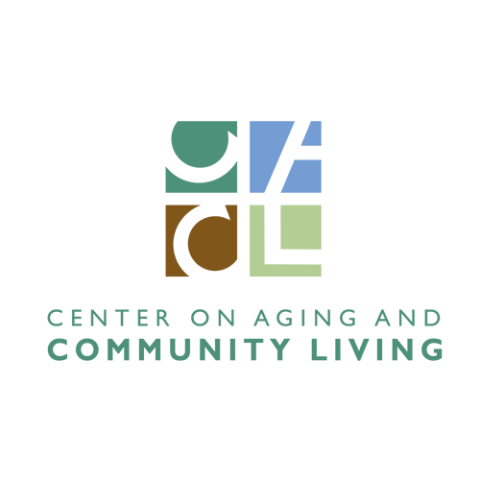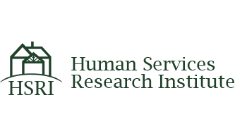
We are a national collaborative effort joined by three nonprofit organizations that share the belief that public human services are best improved by engaging those served and those who serve. NCI-AD™ is a voluntary effort by State Medicaid, aging, and disability agencies to measure and track their own performance. The core indicators are standard measures used across states to assess the outcomes of services provided to individuals and families. Indicators address key areas of concern including service planning, rights, community inclusion, choice, health and care coordination, safety and relationships.

The Center on Aging and Community Living (CACL) is a collaboration between the Institute on Disability (IOD) and the Institute for Health Policy and Practice (IHPP) at the University of New Hampshire. These two institutes have been actively engaged in projects related to aging and long term care for many years.

The Bureau of Adult and Aging Services (BAAS) provides a variety of social and long-term supports to adults age 60 and older and to adults between the ages of 18 and 60 who have a chronic illness or disability.

Human Services Research Institute (HSRI), a 501(c)(3) nonprofit, has dedicated nearly 50 years to improving systems that change lives. We craft person-driven health and human service systems through collaborative, community-engaged research and evaluation, analyzing both quantitative and qualitative data. By partnering with community leaders and change agents, we identify best practices, address challenges, and solve problems.

ADvancing States was founded in 1964 under the name National Association of State Units on Aging (NASUA). In 2019, the association changed its name to ADvancing States. Today, ADvancing States represents the nation’s 56 state and territorial agencies on aging and disabilities and long-term services and supports directors. ADvancing States supports visionary leadership, the advancement of systems innovation and the articulation of national policies that support long-term services and supports for older adults and people with disabilities.